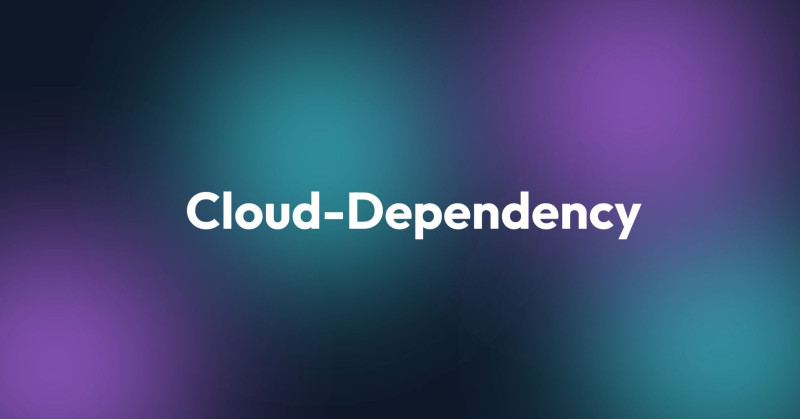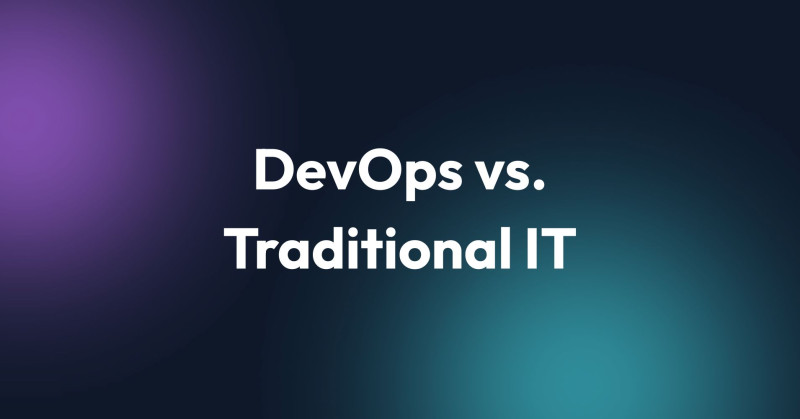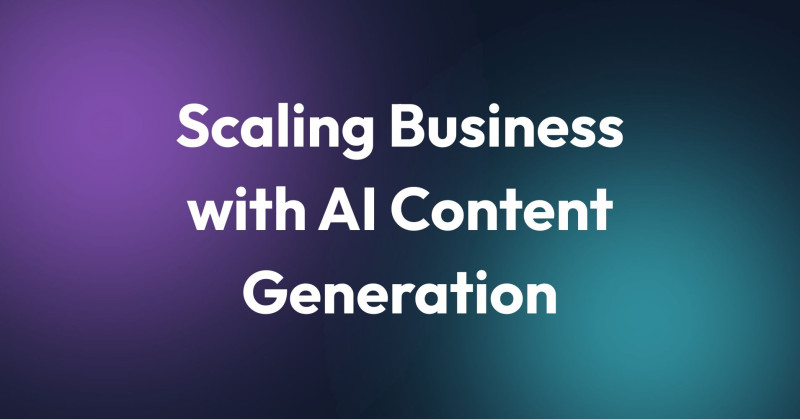Public administration faces mounting challenges: increasing workloads, limited budgets, complex regulatory environments, and growing citizen expectations for faster, more personalized services. Finding new ways to improve efficiency while maintaining service quality is now mission-critical.
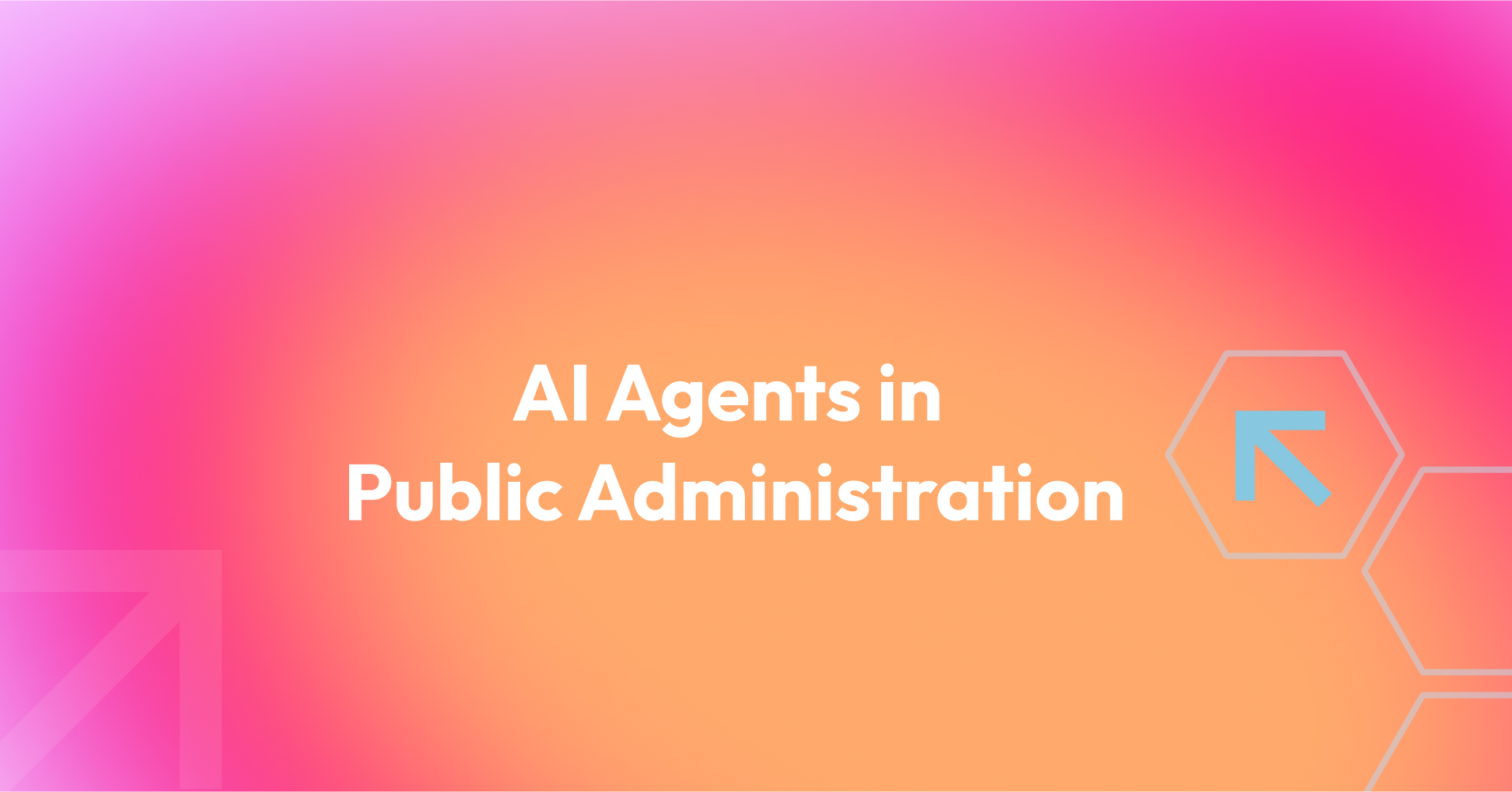
Enter AI agents — autonomous, intelligent software systems that are transforming how governments handle process automation and deliver better citizen services.
Why Public Administration Needs AI Agents
Unlike traditional IT systems, AI agents offer:
Real-time data processing
Autonomous decision-making
Adaptive learning from new information
Seamless integration across multiple agencies and platforms
In public administration, AI agents can streamline complex bureaucratic processes, reduce administrative burdens, and provide faster responses to citizens—all while ensuring compliance with evolving regulations.
According to a 2024 OECD report, governments that deploy AI-driven process automation can reduce administrative costs by 20–40% while improving service delivery times by 30% or more.
Key Applications of AI Agents in Public Administration
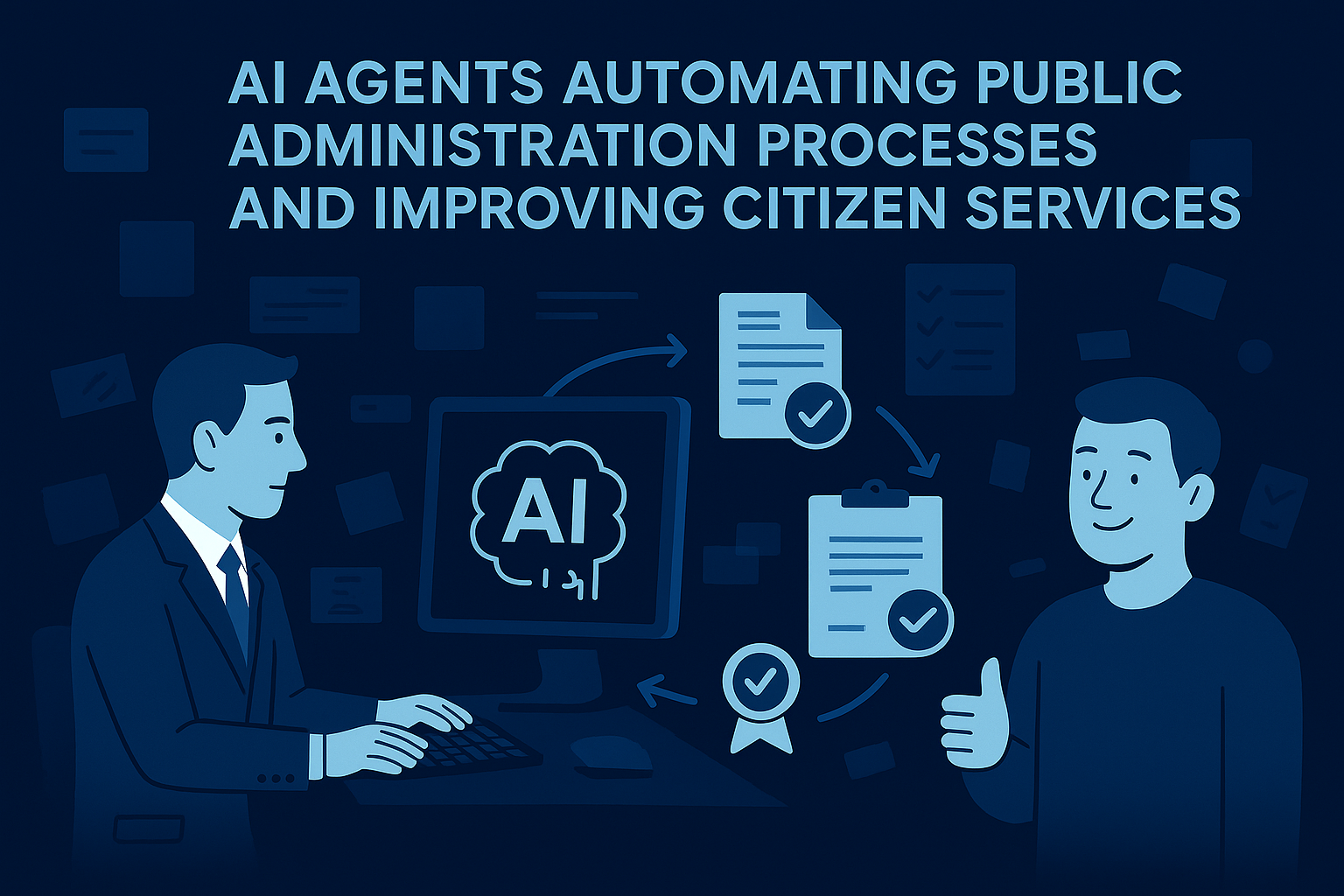
1. Process Automation in Licensing and Permits
AI agents can handle repetitive, rule-based workflows such as:
Business license applications
Construction permits
Immigration and visa processing
By analyzing submitted documents, cross-referencing databases, and automatically flagging issues, AI agents dramatically cut processing times while minimizing human errors.
Impact:
Faster approvals
Higher compliance rates
Lower administrative costs
2. Automated Social Services and Benefits Processing
Public agencies often struggle with large volumes of social service applications, including unemployment benefits, housing assistance, and healthcare subsidies.
AI agents help:
Verify applicant eligibility in real time
Flag inconsistencies or fraud risks
Prioritize urgent cases automatically
According to McKinsey, AI-driven case management can reduce backlogs by 50–70% while increasing service access for vulnerable populations.
3. Citizen Service Chatbots and Virtual Assistants
AI-powered virtual agents offer 24/7 assistance to citizens, answering common inquiries related to:
Tax filings
Passport renewals
Voter registration
Public transport updates
By automating first-level support, agencies can free human staff for complex, high-value cases.
Result:
Improved citizen satisfaction
Shorter response times
Scalable support without increasing staff size
4. Predictive Resource Allocation
AI agents analyze historical service data and predict future demand patterns for:
Emergency services
Healthcare capacity
Infrastructure maintenance
CIOs can leverage these insights to optimize budgets, staffing, and equipment deployment ahead of actual surges in demand.
5. Fraud Detection and Compliance Monitoring
Public sector agencies face increasing risks from fraud and non-compliance. AI agents can continuously monitor financial transactions, benefits distribution, and procurement processes to identify suspicious activity early.
Automated anomaly detection
Real-time alerts for investigators
Continuous compliance reporting
6. Smart Document Processing and Archiving
Government organizations often manage enormous document archives. AI agents automate:
Document classification
Data extraction
Secure digital archiving
This simplifies information retrieval, ensures regulatory compliance, and reduces physical storage costs.
Challenges CIOs Must Address
While the benefits of AI agents in public administration are clear, deployment comes with its own set of challenges:
Data privacy & security: Sensitive citizen data requires robust protection.
Inter-agency integration: AI systems must interact with existing legacy platforms.
Ethical & legal considerations: Transparent, explainable AI models are critical for public trust.
Change management: Staff must adapt to new workflows and AI-driven processes.
Strategic Takeaway for Public Sector Leaders
For CIOs and public sector executives, adopting AI agents offers:
Scalable process automation
Faster, more reliable citizen services
Improved budget efficiency
Higher transparency and accountability
In a world where citizens expect government services to be as responsive as private sector apps, AI agents offer a clear path forward—helping governments become more agile, citizen-centric, and financially sustainable.

